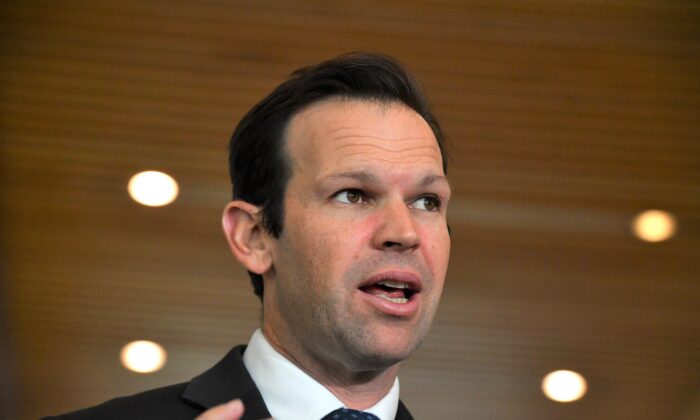Australia Urged to Consider Nuclear Power as Italy Moves to Lift Ban
Nuclear power in Italy was banned after referendums in 1987 and 2011.
National Party Senator Matthew Canavan believes Australia should follow Italy’s lead in considering lifting its ban on nuclear power production.
Italian authorities are currently contemplating new laws by early 2025 to allow the use of new nuclear power technology, reversing the current ban in the country.
Italy’s Energy Minister Gilberto Pichetto Fratin, under the Georgia Meloni government, announced plans to conduct a comprehensive analysis of nuclear power to determine the necessary laws for its implementation.
Senator Canavan, a strong advocate for nuclear energy in Australia, emphasized the urgency for change, stating, “Italy’s decision to lift their nuclear ban highlights the disparity with the rest of the world in recognizing the importance of a reliable energy network, not solely relying on weather-dependent sources like wind and solar.”
He added, “To ensure energy stability and independence, we must integrate nuclear power into our energy mix to avoid dependence on intermittent energy sources like solar and wind.”
He pointed out that Italy, recognizing the reliability of nuclear power, is reevaluating its industrial potential as a reason to explore nuclear energy.
Nuclear power remains a contentious issue in Italy, where the ban on nuclear-fired power plants was instituted following referendums in 1987—prompted by the Chernobyl incident—and 2011.
Minister Pichetto has appointed Professor Giovanni Guzzetta to study small modular reactors and advanced modular reactors to assess their role in the transition to net zero emissions.
Meanwhile, Australia’s Leader of the Opposition Peter Dutton has proposed constructing seven nuclear power stations by 2050. Resistance from the states and concerns raised by businesses about delaying the energy transition have sparked a debate around the plan, which continues to receive support from the Coalition.
Prime Minister Anthony Albanese has criticized the policy as unrealistic, questioning its feasibility in terms of timing and affordability.
Referring to a July 2024 report from the World Nuclear Association, it was noted that around 440 nuclear power reactors operate in 32 countries plus Taiwan, with a combined capacity of about 390 GW.
In 2023, these reactors contributed approximately 9 percent of the world’s electricity, generating 2602 TWh. The report also mentioned that around 30 countries are exploring, planning, or initiating nuclear power programs, with about 60 power reactors currently under construction in 16 countries.





